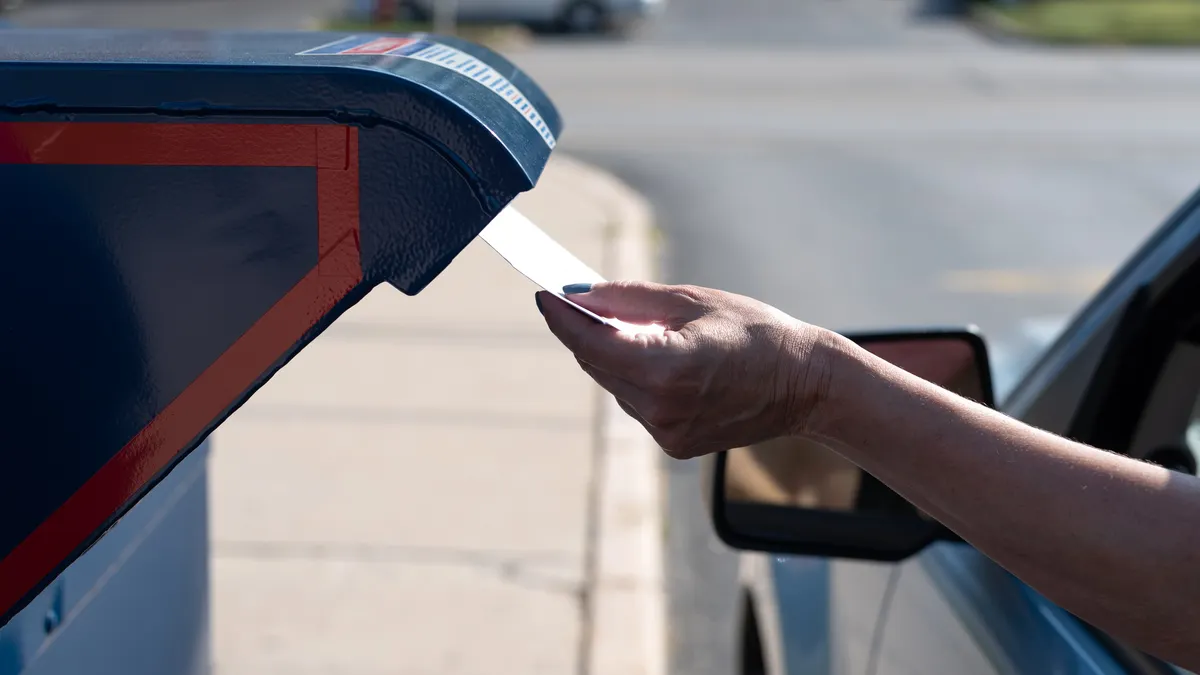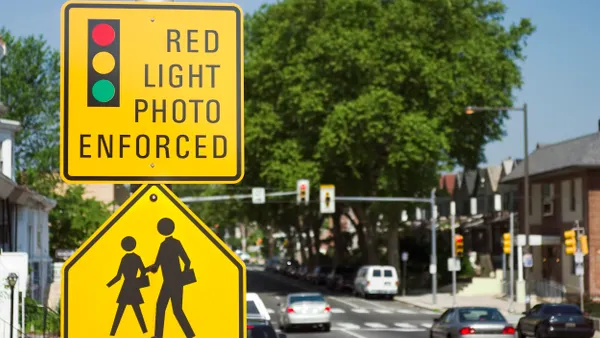Dive Brief:
- A recent survey of public finance professionals found 83% of agencies still accept payments by mail and 50% continue to rely on in-person cashiering.
- The Euna Solutions survey also showed 47% of agencies have just one to two employees managing payments and another 45% rely on three to five employees to manage the workload. “Nearly two-thirds of agencies spend more than 10 hours each month reconciling across multiple [payment] systems, with some reporting workloads exceeding 80 hours,” according to the report.
- Even so, system and vendor consolidation ranks among the agencies’ lowest priorities for 2026. Many finance teams are instead focused on “short-term workload relief,” according to Euna Solutions.
Dive Insight:
Local taxes provide more than two-thirds of revenue for local governments, according to the Institute on Taxation and Economic Policy. Another 22% comes from charges paid by users of locally run services such as water systems and parking facilities.
But the systems for collecting that revenue can be fragmented.
Public finance professionals cited manual reconciliation, managing multiple systems and a lack of system integration as their top three frustrations, according to the survey by Euna Solutions, a public sector software provider.
Half of respondents use three or more vendors, according to the report.
Respondents reported high community resistance to making payments digitally. However, the “most pressing challenge” cited by 60% of survey respondents was delinquent payments.
Nearly 40% of respondents see automated reconciliation as a key area of potential, and 33% said artificial intelligence could be useful for fraud detection or anomaly monitoring.
The federal government has also taken steps toward modernizing its payment systems this year. An executive order in March put the kibosh on issuing paper-based payments, which were phased out Sept. 30. Payments to the federal government, such as fees, fines, loans and taxes, “must also be processed electronically where permissible under existing law,” according to the order.













